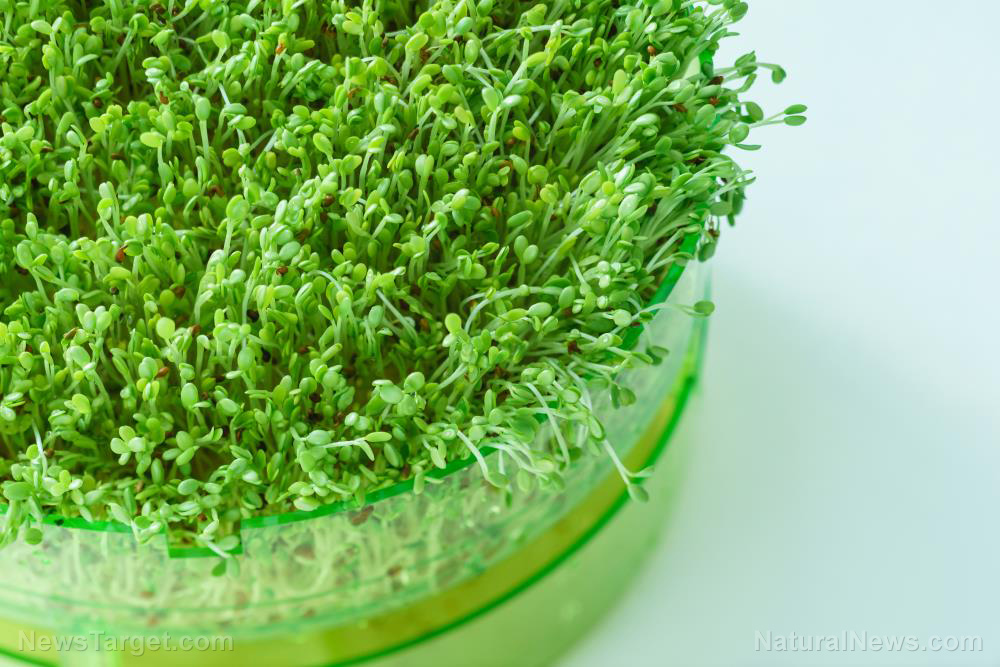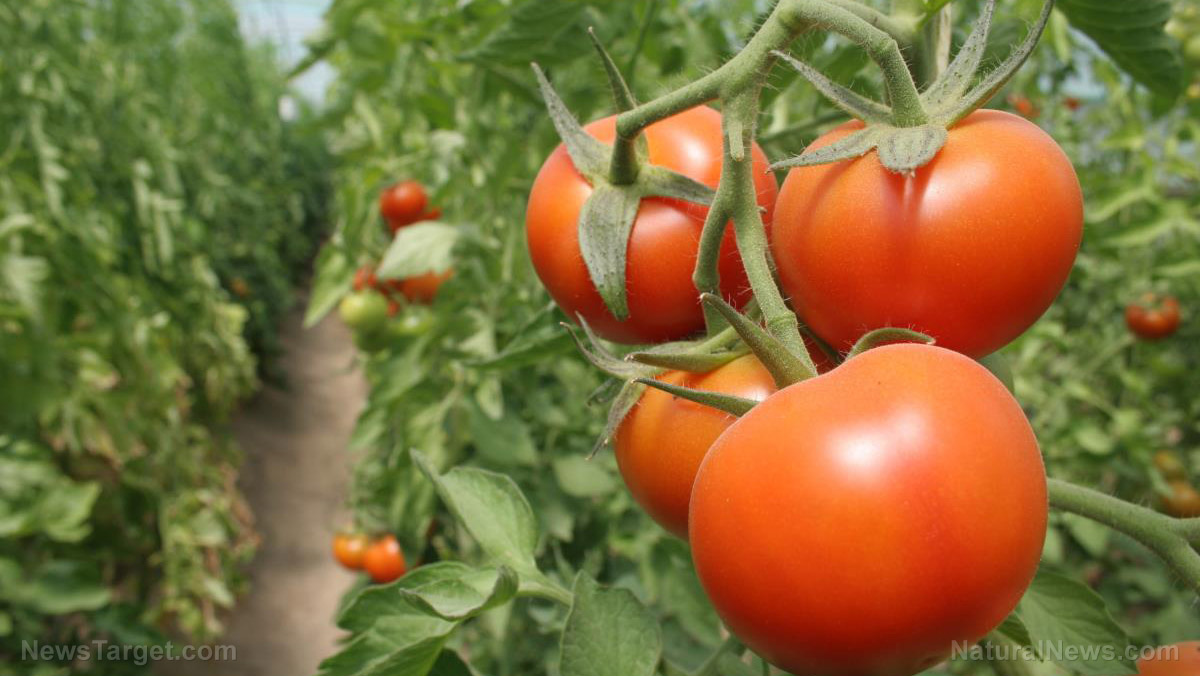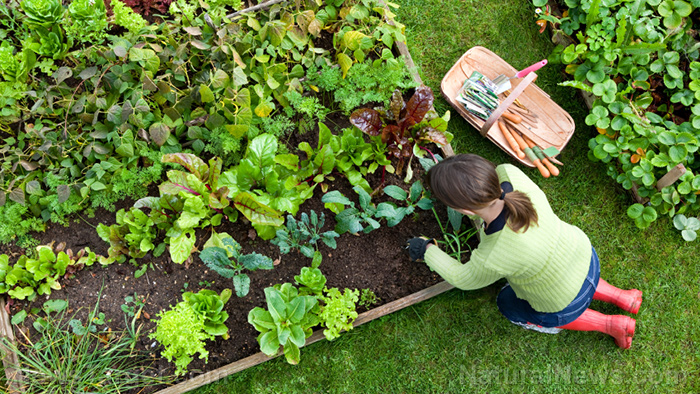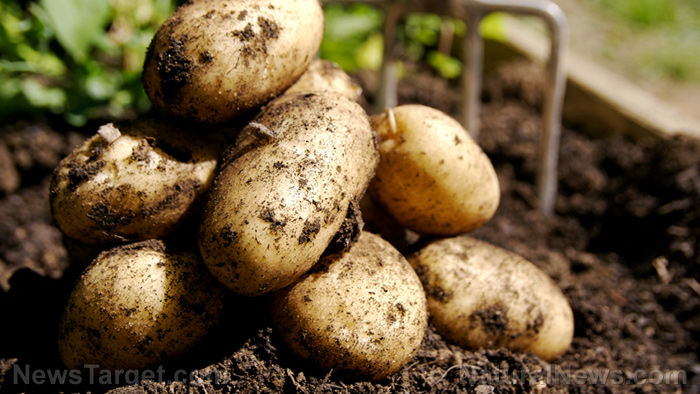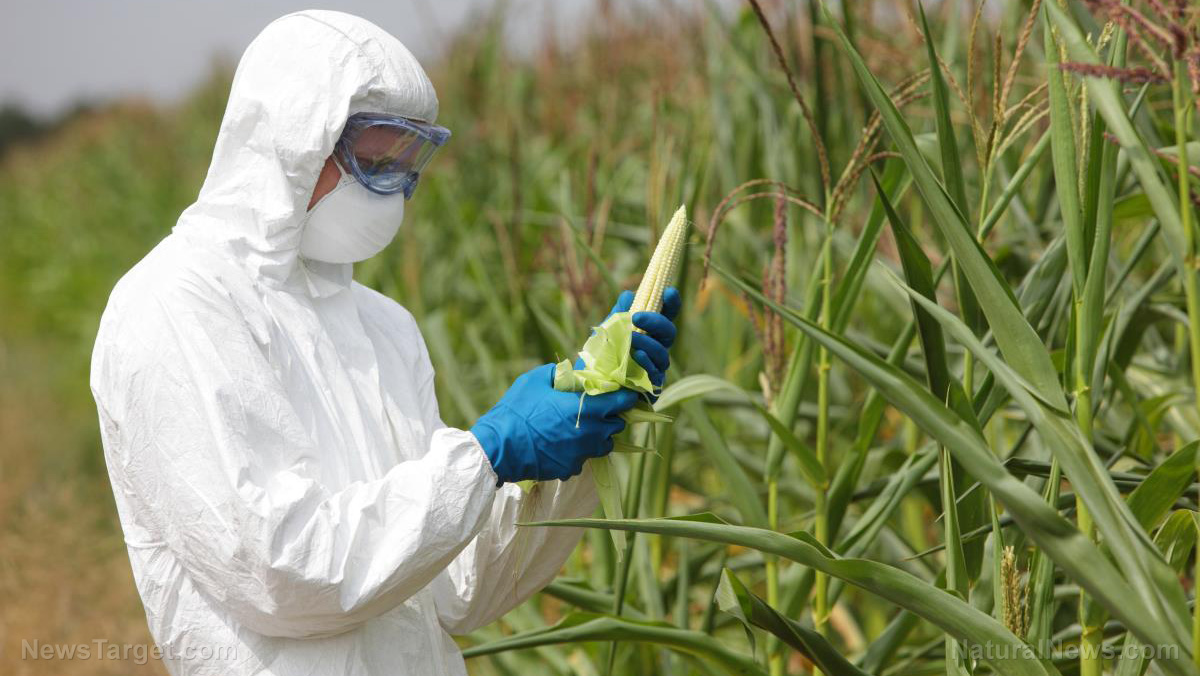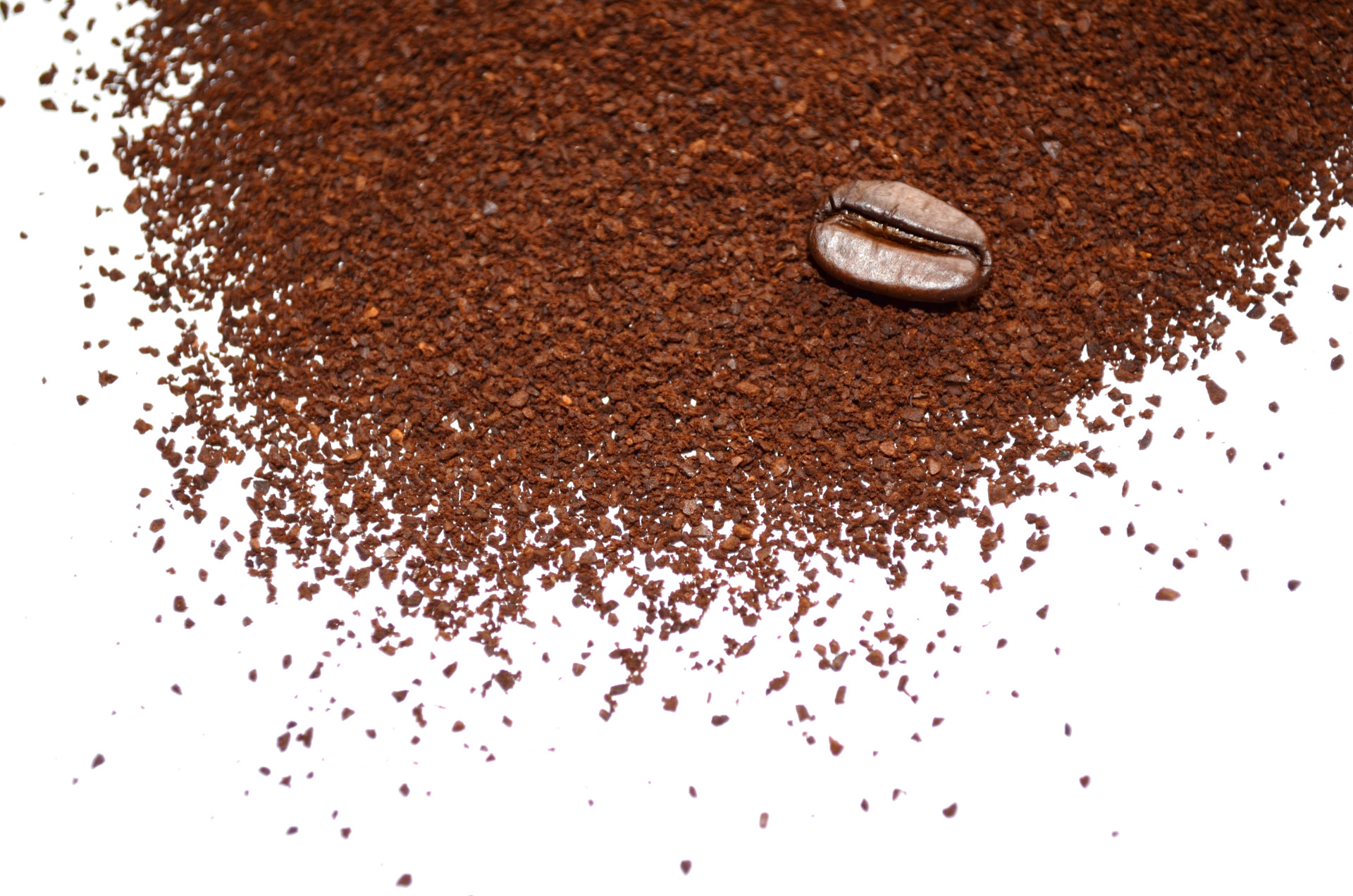Farmers now eyeing chicken eggs produced in a sustainable manner
06/04/2021 / By Ramon Tomey

Organic eggs have been a longtime staple in a number of supermarkets, being purportedly raised in better conditions than their conventional counterparts. But a new kind of egg – good for both consumers and the Earth itself – is slowly gaining ground. Thus, a number of chicken farmers across the country are now rushing to produce these climate-friendly eggs in anticipation of market demand.
Larry Brown is one of many farmers hoping to ride on the trend. Thirteen thousand chickens roam about on his 40-acre farm in Shiner, Texas. Some rest in the shade of a parked car while others drink water with cows. The farmer said he is adding more cover crops to attract worms and crickets – which the chickens will then eat. He added: “[This] allows our hens to forage for higher-quality natural feed that will be good for the land, the hens and the eggs that we supply to our customers.”
Chickens on Brown’s farm will forage for hours looking for vegetation and bugs to eat. Their waste will fertilize the plants, subsequently create a food cycle. According to proponents of the so-called “regenerative agriculture,” this food cycle strengthens farmland and helps address greenhouse gas emissions.
Regenerative agriculture advocates furthermore claim that the practice increases organic matter in the soil. The organic matter then provides nutrition for plants and traps carbon dioxide. Crops can then grow using less energy and without the need for chemical fertilizers because of the healthier soil.
But while producing the climate-friendly eggs themselves is a challenge, making them reach grocery store shelves is another task in itself. If sustainable eggs prove to be popular, they could pave the way for regenerative meats and vegetables. Organic eggs used to be dismissed as a niche product only available in natural food stores. But after more than a decade, these eggs are now sold at Walmart and other grocers. Probiotic products and plant-based meats also faced the same predicament before becoming ubiquitous on grocery shelves. (Related: Are “free-range” and “organic” eggs as ethical as they seem? Controversial chicken husbandry practices and what you can do about it.)
Will these new kinds of organic eggs tickle customers’ fancy?
According to Pennsylvania State University Brandywine agricultural economics professor Julie Stanton, regenerative products could be a hard sell as the concept is tough to define quickly. In addition, regenerative products imbue little to no improvement to the food products – although some producers say eggs produced in this manner have more protein.
Thus, marketing plays a big role in getting customers to add eggs to their shopping carts. Large producer Egg Innovations tells a story about a “sustainable future” with “helpful hens on a mission to restore soil” on its packaging. Its website also aligns with the mission on its packaging: “At its core, regenerative agriculture aims to combat climate change and improve the ecosystem of the planet.” Egg Innovations plans to launch its regenerative eggs in September of this year.
Meanwhile, Pete & Gerry’s Organic Eggs relies on packaging to attract customers’ attention. Its eggs come in Tiffany blue containers with gold-foil lettering. The containers that open from the center hold a dozen “speckled beauties [with] intensely hued amber yolks,” the company’s website describes. The company’s egg containers take cues from egg carton designs from the early 20th century.
Egg producers have skillfully convinced consumers to pay four times the regular price of conventional eggs for organic counterparts. They have also persuaded consumers to pay seven times the price of conventional eggs for those coming from chickens raised in better conditions. Because of skillful marketing, these specialty eggs make up a third of the egg market as of writing – and are projected to hit 70 percent in five years. (Related: The 10 best egg-laying chickens for a prepper’s homestead.)
Given the success of earlier versions of these eggs, the industry is betting that the same consumers would be willing to pay more for climate-friendly and sustainable eggs. Brown and other farmers are setting their sights on this premium product for further profit. This is because producers like him help generate the industry’s growth.
According to NielsenIQ data for the year which ended April 10, sales volume for cage-free eggs rose 12 percent while those for organic eggs rose more than seven percent. Sales of conventional eggs meanwhile dropped by about three percent.
Visit Organics.news to read more about the benefits of eggs farmed in a climate-friendly manner.
Sources include:
Tagged Under: chicken eggs, chicken farming, clean food, climate-friendly eggs, egg industry, farming practices, free-range chickens, organic eggs, organic farming, regenerative agriculture, sustainable farming
RECENT NEWS & ARTICLES
OrganicFarming.News is a fact-based public education website published by Organic Farming News Features, LLC.
All content copyright © 2018 by Organic Farming News Features, LLC.
Contact Us with Tips or Corrections
All trademarks, registered trademarks and servicemarks mentioned on this site are the property of their respective owners.



